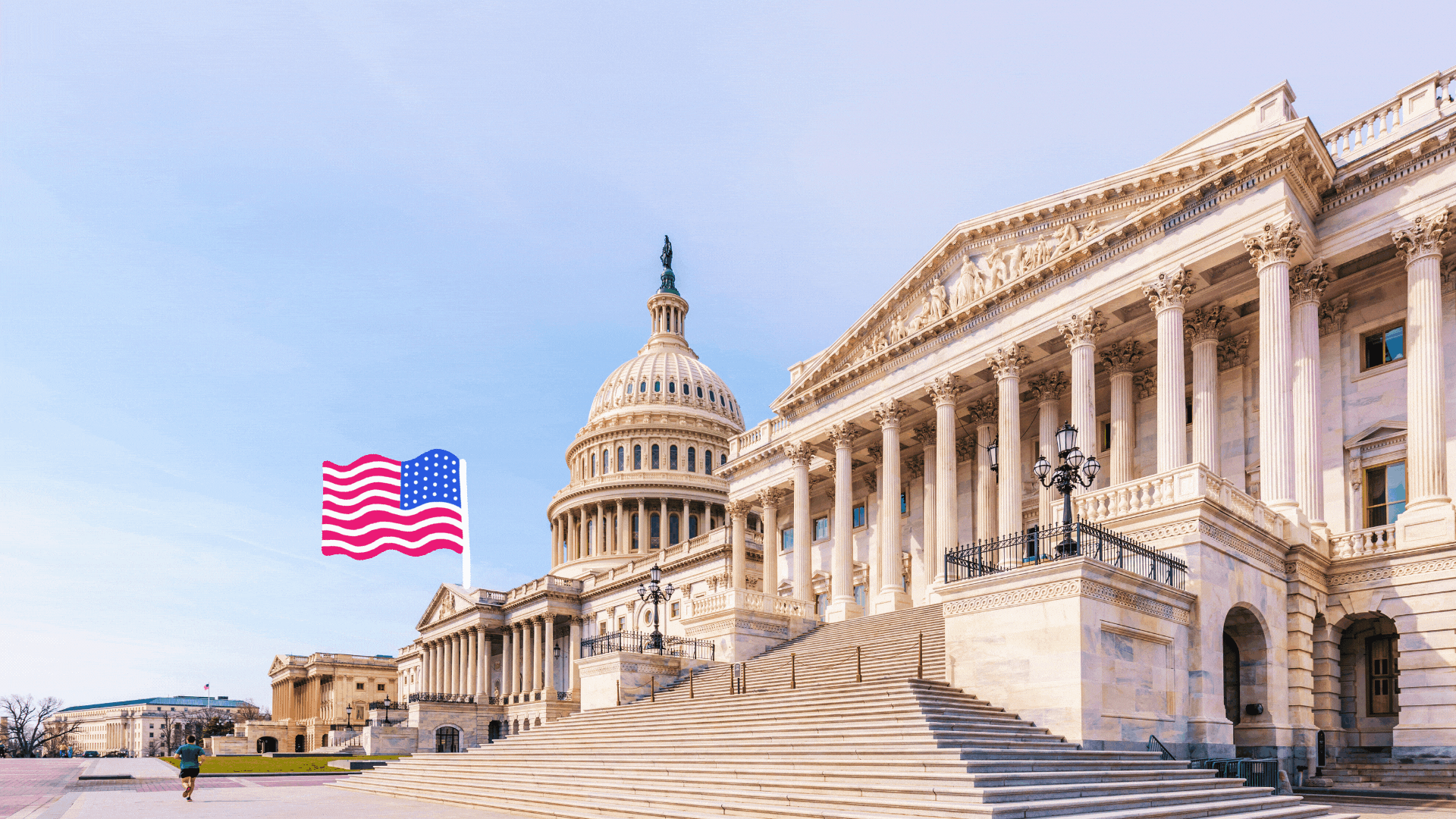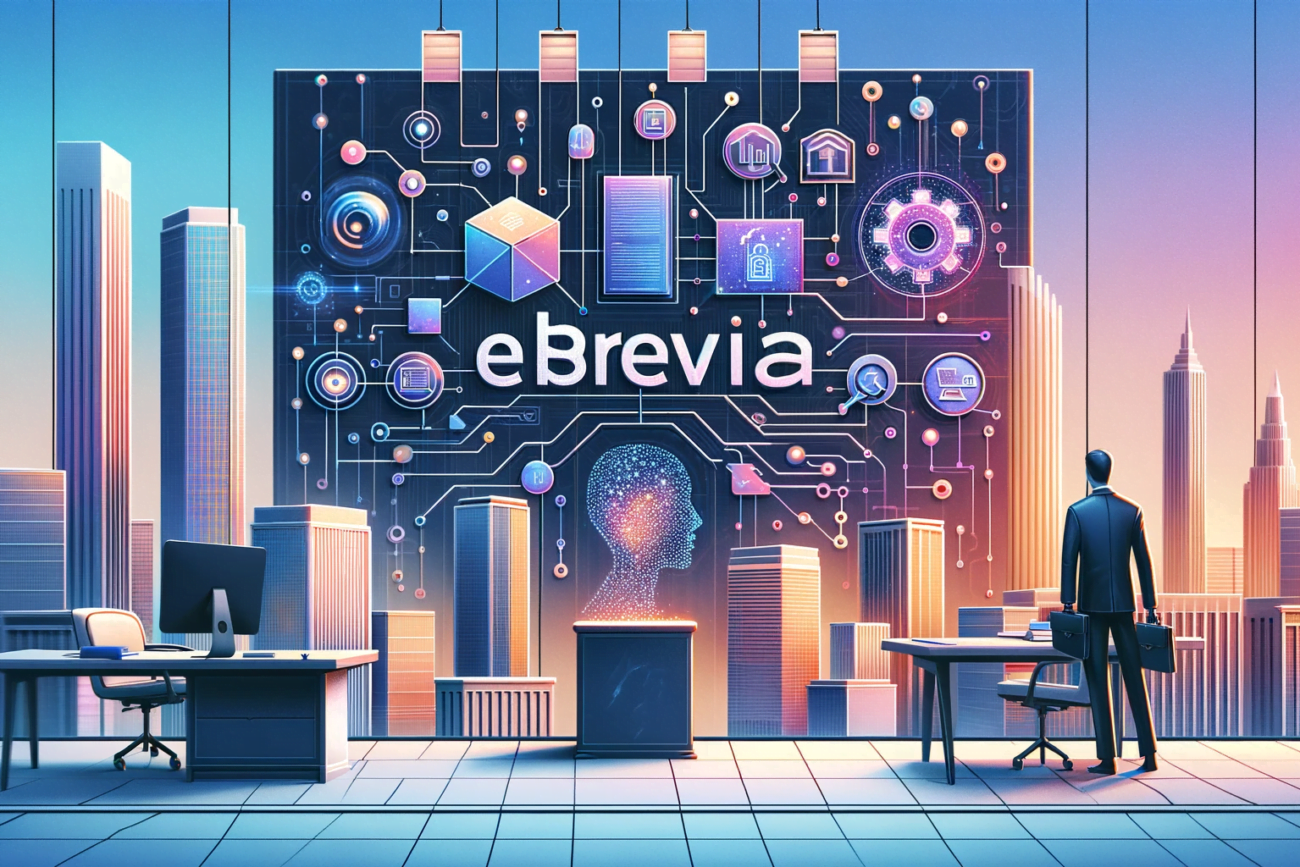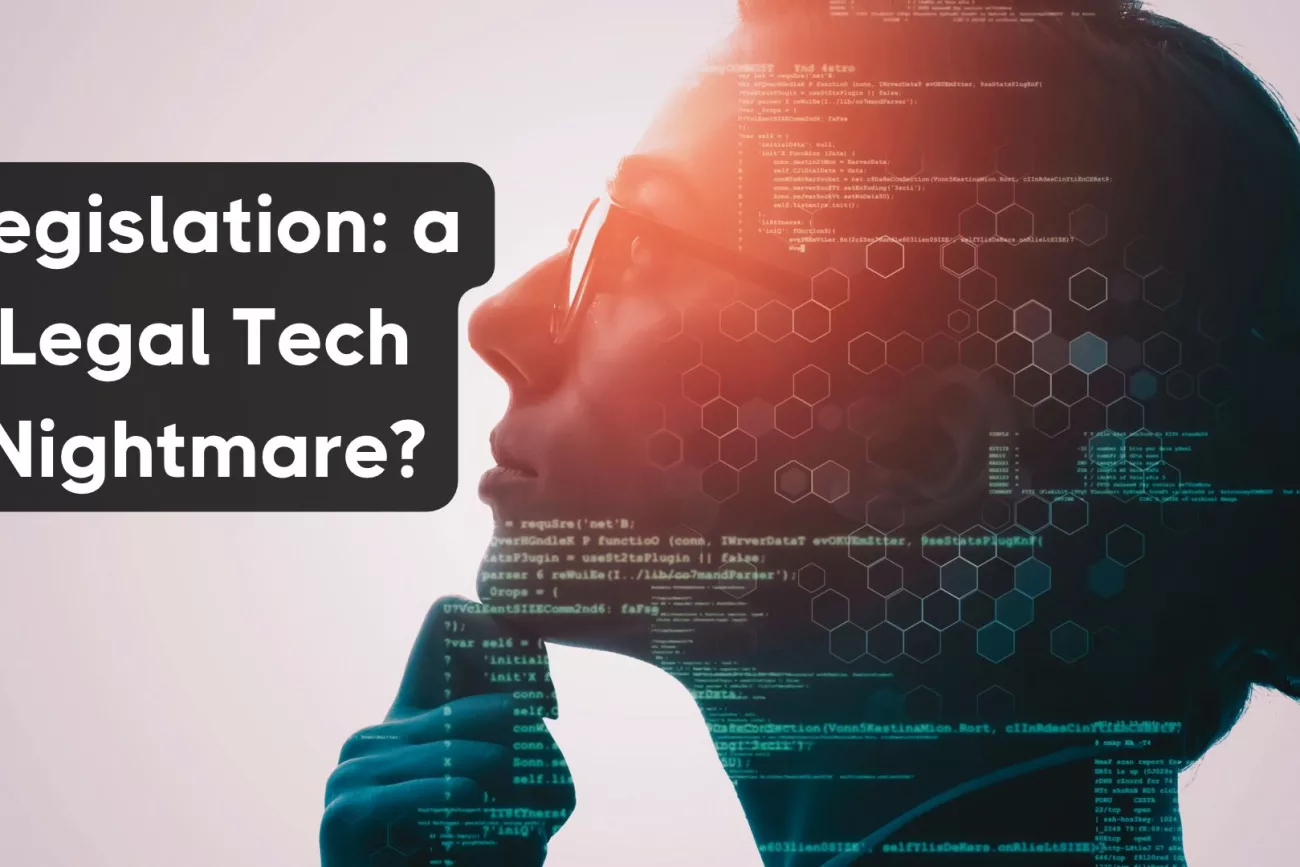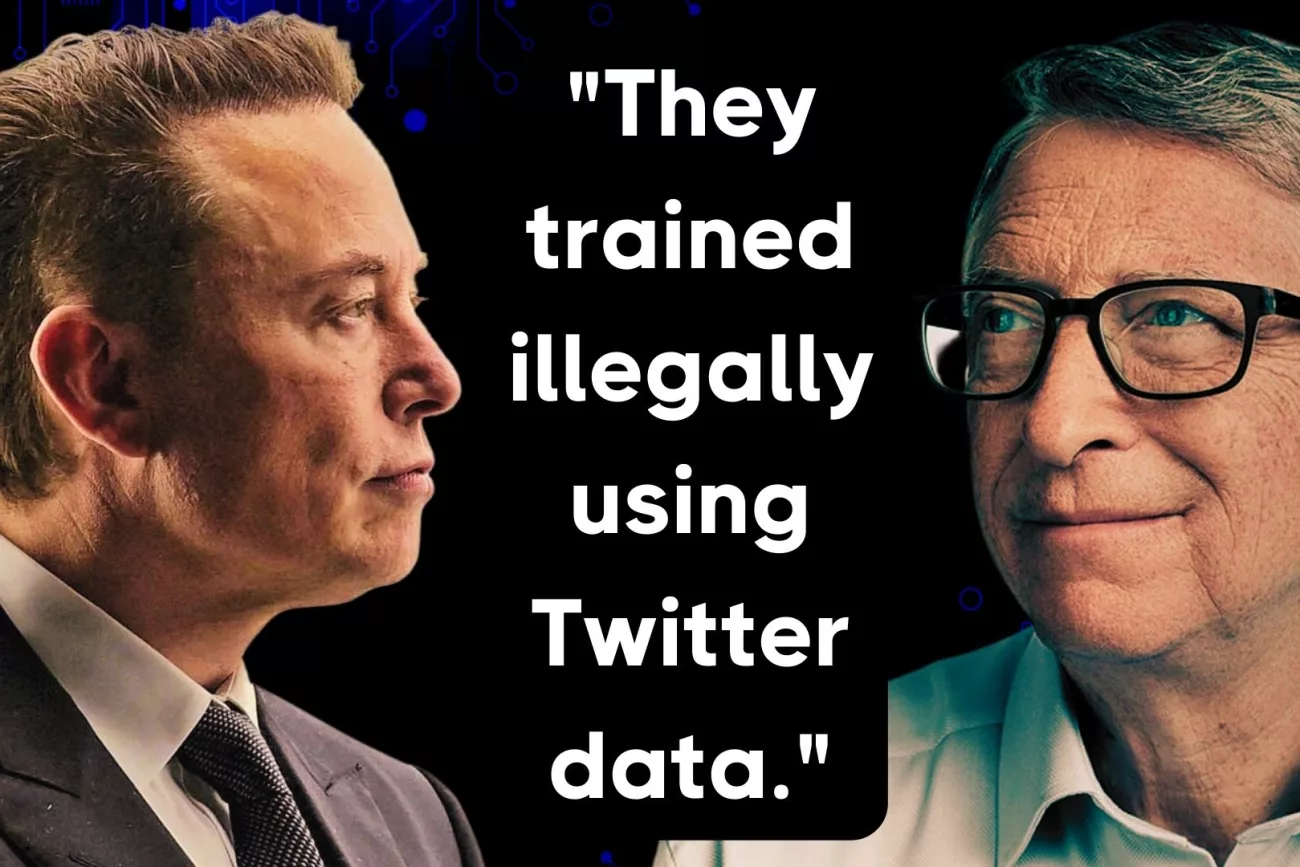
Key Points:
- State lawmakers are prioritizing government systems as they navigate the complexities of AI regulations.
- Connecticut is leading the charge with plans to audit and review all AI systems by 2023.
- Globally, the European Union is setting the pace for AI regulations, while US states individually grapple with the technology.
- The debate on AI’s role and definition is heating up, with states like North Dakota clarifying that AI isn’t legally a person.
🚀 The AI Revolution: Legal Mavericks or Just Paper Pushers in a Digital Age? 🚀
The hallowed halls of state legislatures are abuzz with whispers, debates, and heated discussions. The culprit? The unstoppable force of Artificial Intelligence (AI). As this digital dynamo continues its relentless march, our lawmakers are caught in a whirlwind, torn between innovation and regulation. And the private sector? They’re on the edge of their seats, waiting for the next legal twist.
The Government’s AI Playbook: Setting the Gold Standard or Just Playing Safe?
Connecticut’s state Sen. James Maroney, dubbed the AI whisperer, made waves with his bold proclamation: “We’re starting with the government. We’re trying to set a good example.” But is this leadership or just a cautious first step? Connecticut’s ambitious goal: Audit all AI-driven government systems by 2023. A beacon of transparency or just a PR move? Post-2023, these systems will undergo rigorous reviews. A genuine move for accountability or just bureaucratic red tape?
The AI Tsunami: Every State’s Riding the Wave!
By late July, an impressive roster of 25 states, Puerto Rico, and the District of Columbia had hopped onto the AI train. But here’s the juicy bit: Many are still in the dark about AI’s many faces, like facial recognition and autonomous vehicles. Are they ready or just playing catch-up?
AI’s Dark Secrets: What Lies Beneath?
A bombshell revelation from Yale Law School’s Media Freedom and Information Access Clinic unveiled AI’s covert operations in areas like student placements and bail determinations. But the real scandal? The algorithms remain shrouded in mystery. A case of tech espionage or just a lack of transparency?
The Global AI Showdown: EU vs. US
While the US dithers with state-by-state AI rules, the European Union is striding ahead, crafting global AI directives. The US Congress is feeling the heat, but will they deliver or just serve half-baked policies?
The AI Power Struggle: State vs. Federal
Maroney’s take is clear: States can act swiftly, while the federal behemoth lumbers on. But is this a call for state empowerment or a subtle jab at federal inefficiency?
AI & Jobs: Savior or Saboteur?
From the East Coast to the West, state bills are dissecting AI’s role in the workplace. Massachusetts champions mental health, while New York delves into AI-driven recruitment. A move towards a brighter future or the beginning of a dystopian workplace?
AI’s Existential Crisis: Who Am I?
North Dakota’s bold move to legally separate humans from AI sparked debates. Meanwhile, Arizona’s governor’s veto on the AI voting machines bill raised eyebrows. Are states clear on AI’s role, or are they just shooting in the dark?
AI & Education: The New ABCs
Washington’s Sen. Lisa Wellman, a tech aficionado, is clear: Embrace AI or get left behind. Her master plan? Make computer science a staple in high schools. A visionary move or just jumping on the bandwagon?
The AI Litmus Test: Ethics & Morality
With AI’s rapid integration, states like California are grappling with the moral implications. Should AI be allowed in areas like criminal justice? The debate rages on, with no clear consensus in sight.
🌐 The Real Deal:
AI is more than just code; it’s the intersection of law, ethics, and society. As it weaves its way into our lives, the legal realm stands at a crossroads. Will they be the architects of our AI future or mere spectators?
📣 Sound Off! 📣
AI: Legal marvel or impending nightmare? Dive in, challenge norms, and be part of the revolution. Stay updated with the juiciest legal-tech scoops. 📩 Subscribe to our newsletter TODAY! 📩
Share this post
Frequently Asked Questions (FAQs)
Q: How are state lawmakers addressing AI technology?
A: They’re focusing on government systems first, aiming to set examples before regulating the private sector.
Q: What is Connecticut's approach to AI in government?
A: Connecticut plans to audit all AI-driven government systems by 2023 and will regularly review them to prevent discrimination.
Q: How many states have introduced AI-specific bills?
A: As of late July, 25 states, Puerto Rico, and the District of Columbia have introduced AI bills.
Q: What global region is leading in AI regulations?
A: The European Union is currently leading the world in establishing regulations around AI.
Q: Are there any states that have defined AI legally?
A: North Dakota passed a bill defining what a person is, clarifying that AI doesn’t qualify.














